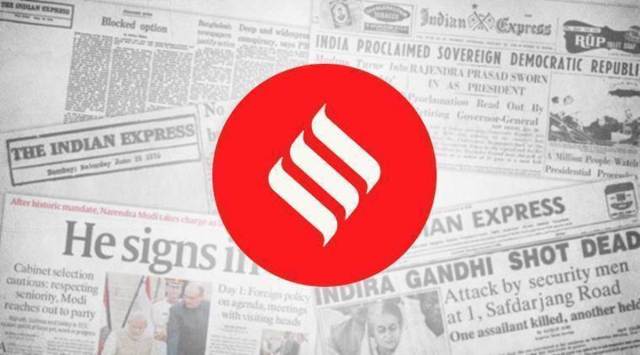Opinion Conversations with Time
Shamsur Rahman Faruqi spent a lifetime in conversation with Urdu poets and poetry, and reclaiming its modernist spirit.
 Faruqi came to fiction late — first through a collection of stories on Urdu poets, and, then, through his magnum opus, Kai Chand, which he translated into English in 2013 as The Mirror of Beauty.
Faruqi came to fiction late — first through a collection of stories on Urdu poets, and, then, through his magnum opus, Kai Chand, which he translated into English in 2013 as The Mirror of Beauty. Shamsur Rahman Faruqi rejected, like the character from his majestic novel, Kai Chand thé Sar-e Aasman (2006), “the notion that the past is a foreign country and strangers who visit there cannot comprehend its language”. His lifetime’s work, as a poet, critic, translator and theorist of Urdu literature, was spent in conversation with this rich terrain, especially the culture of poetry that flourished in 18th and 19th century Delhi, and to recall and reincarnate a lost age of eloquence for a contemporary Indian audience. In his death on Friday, the world loses one of the last great writers of Urdu, a language birthed in the mash-up and synthesis of subcontinental cultures.
Faruqi took the Urdu literary establishment by storm in the late 1960s with a literary journal, Shabkhoon, that was as uncompromisingly high-brow as it was irreverent. He sought to wean away literary criticism from ideas of social purpose and themes to a tough-minded modernist consideration of form and structure, much like T S Eliot did in his expositions on Elizabethan poetry. Nearly a quarter of a century’s work went into a four-volume exegesis on the life and works of Mir, freeing his works from limiting, moral analysis. But if he was a connoisseur of literary excellence, he was also a translator of pulp detective novels of Ibn-e-Safi, and a late convert to the adventures of the medieval oral romance Dastan-e Amir Hamza, on which he ended up writing a multi-volume analysis.
Faruqi came to fiction late — first through a collection of stories on Urdu poets, and, then, through his magnum opus, Kai Chand, which he translated into English in 2013 as The Mirror of Beauty. The novel plucks the story of Wazir Khanum, an unconventional 19th century woman, from the footnotes of history to create a heroine of erotic power. It is, also, a celebration of a poetry that is inseparable from the business of daily life, and a Delhi that is a baitul-mamur, a teeming house of beauty and bawdy, love and betrayal. It is a plenitude that is also the legacy of Faruqi.




